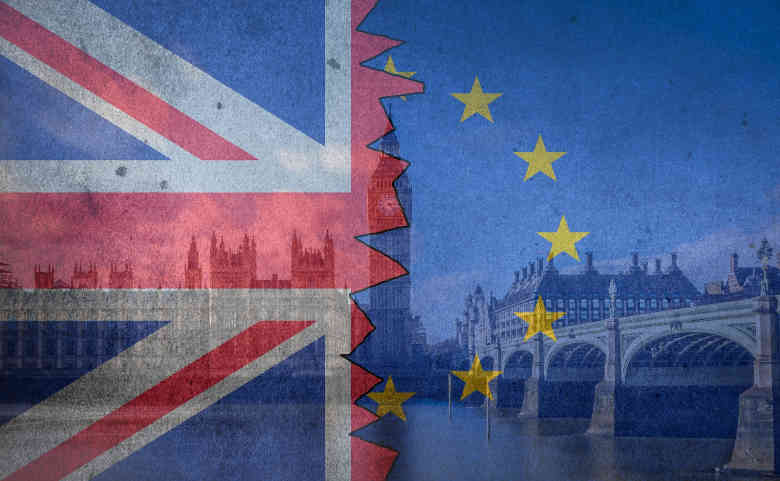The Telegraph, June 11 2022, Professor Robert Tombs
To many critics, it was incongruous, humiliating, even unethical, that the leader of a great Western democracy should make persistent efforts to woo Europe’s most aggressive autocratic state. I might be referring to President Emmanuel Macron. Or to President Charles de Gaulle. Or indeed to President Sadi Carnot (1887-94).
All political acts have a mixture of motives, and Macron’s approaches to Putin have been ascribed to vanity, insistence that the EU must play a leading role, domestic politics and fear of nuclear escalation. No doubt all these are present. But politicians also follow a script, often written long before. They make what one historian called ‘unspoken assumptions’ – ideas about the world that are taken for granted in their political culture.
While every Western politician must share Macron’s worries about escalation and economic damage, his unique persistence in trying to get through to Putin follows a characteristically French script, whose first drafts were written in the late 19th century. This script has deeply affected European history. It might do so again. It is worth trying to understand it.
Click here to read the piece in full.

